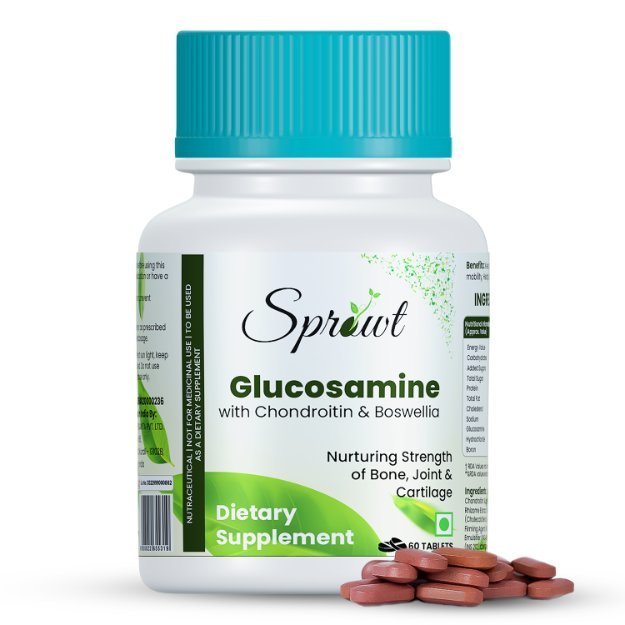Amilab is a prescription drug, available for use as Injection, Drops. It is typically used for the treatment of Urinary Tract Infection. Amilab also has some secondary and off-label uses. These are listed below.
The right dosage of Amilab depends on the age, gender, and medical history of the patient. The condition it has been prescribed for, and the route of administration also determine the right dosage. Detailed information has been provided in the dosage section.
While these are the most often observed Amilab side effects, there are can be others also. These have been listed below. Such side effects of Amilab normally do not last long and go away once the treatment is completed. Consult your doctor if these side effects become worse or stay for a longer duration.
In addition, Amilab's effect is Severe during pregnancy and Unknown for lactating mothers. Further, the section on Amilab related warnings talks about Amilab's effects on the liver, heart and kidney.
Amilab is not recommended if you suffer from certain medical conditions as it can have adverse effects. Dehydration, Parkinson's Disease, Hearing Loss are examples of such conditions. Some other conditions that can be affected by Amilab are listed in the contraindications section below.
Drug reaction of Amilab with other medicines has been reported. A complete list of these interactions is given below.
In addition to these precautions, you may also note that Amilab is safe while driving, and is is addictive in nature.
X






















